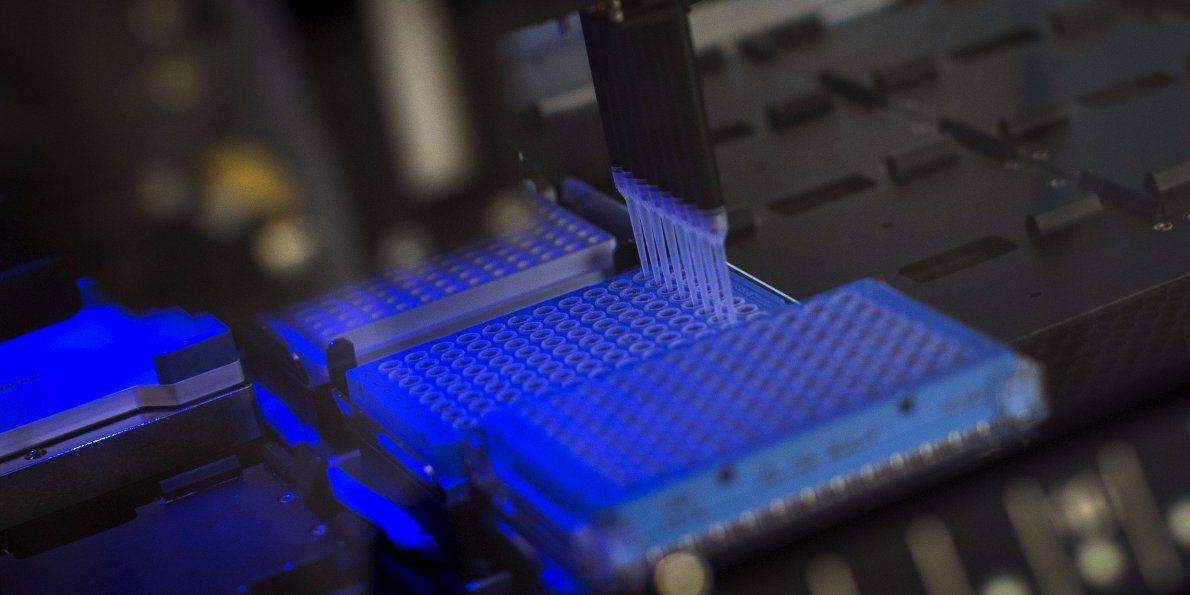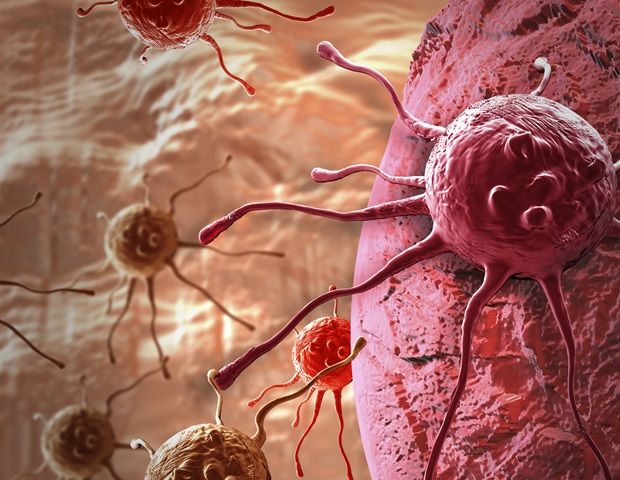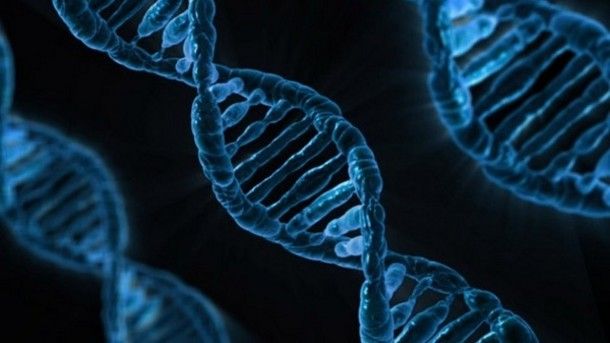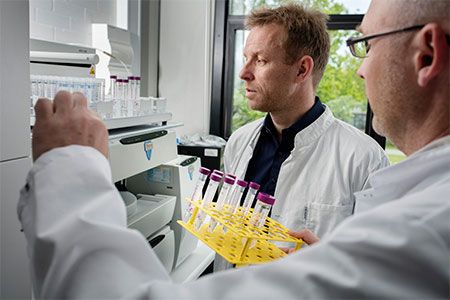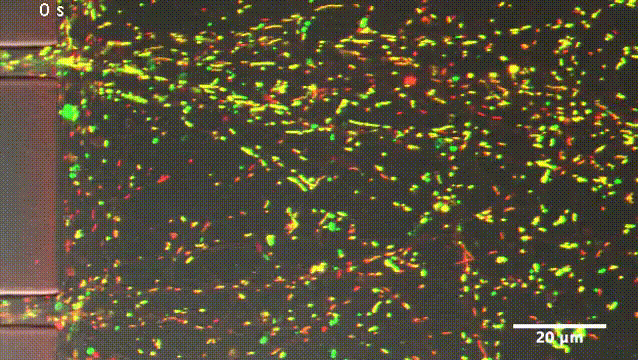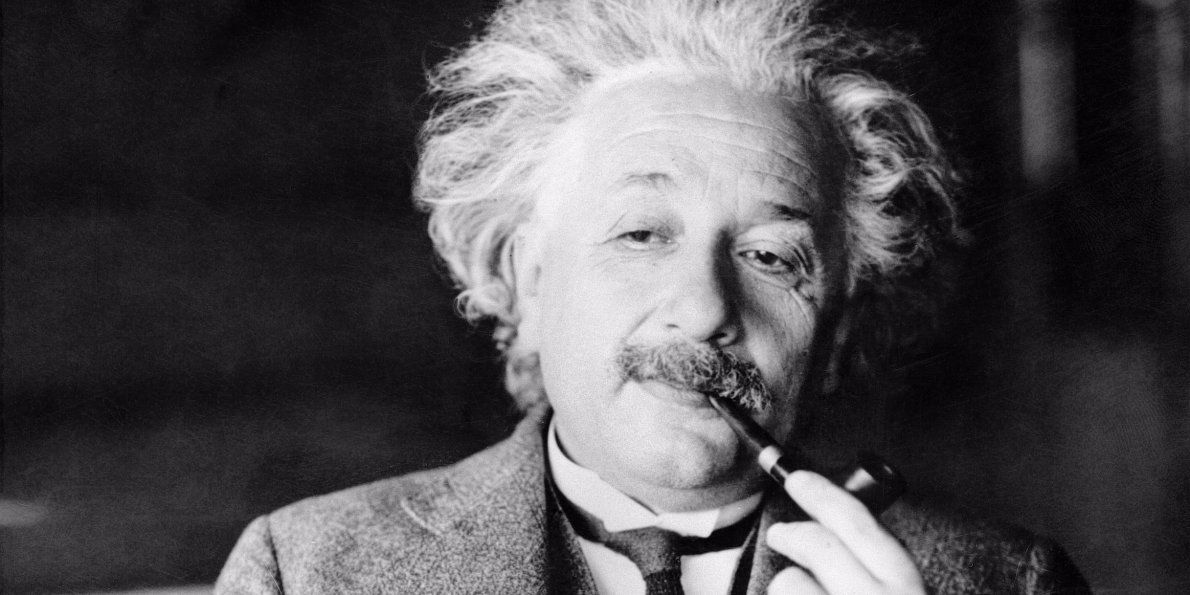Jun 16, 2016
New neck collar may protect players from brain injuries
Posted by Karen Hurst in categories: biotech/medical, neuroscience
Wearing a specifically designed compression collar around the neck may prevent or reduce the devastating effects of head collisions in sports, two new studies have found.
The neck device, called a Q-Collar, is designed to press gently on the jugular vein to slow blood outflow increasing the brain’s blood volume, according to researchers from Cincinnati Children’s Hospital Medical Centre in the US.
The resulting effect of the increased blood volume helps the brain fit tighter within the skull cavity, reducing the energy absorbed by the brain during collisions, researchers said.
Continue reading “New neck collar may protect players from brain injuries” »

